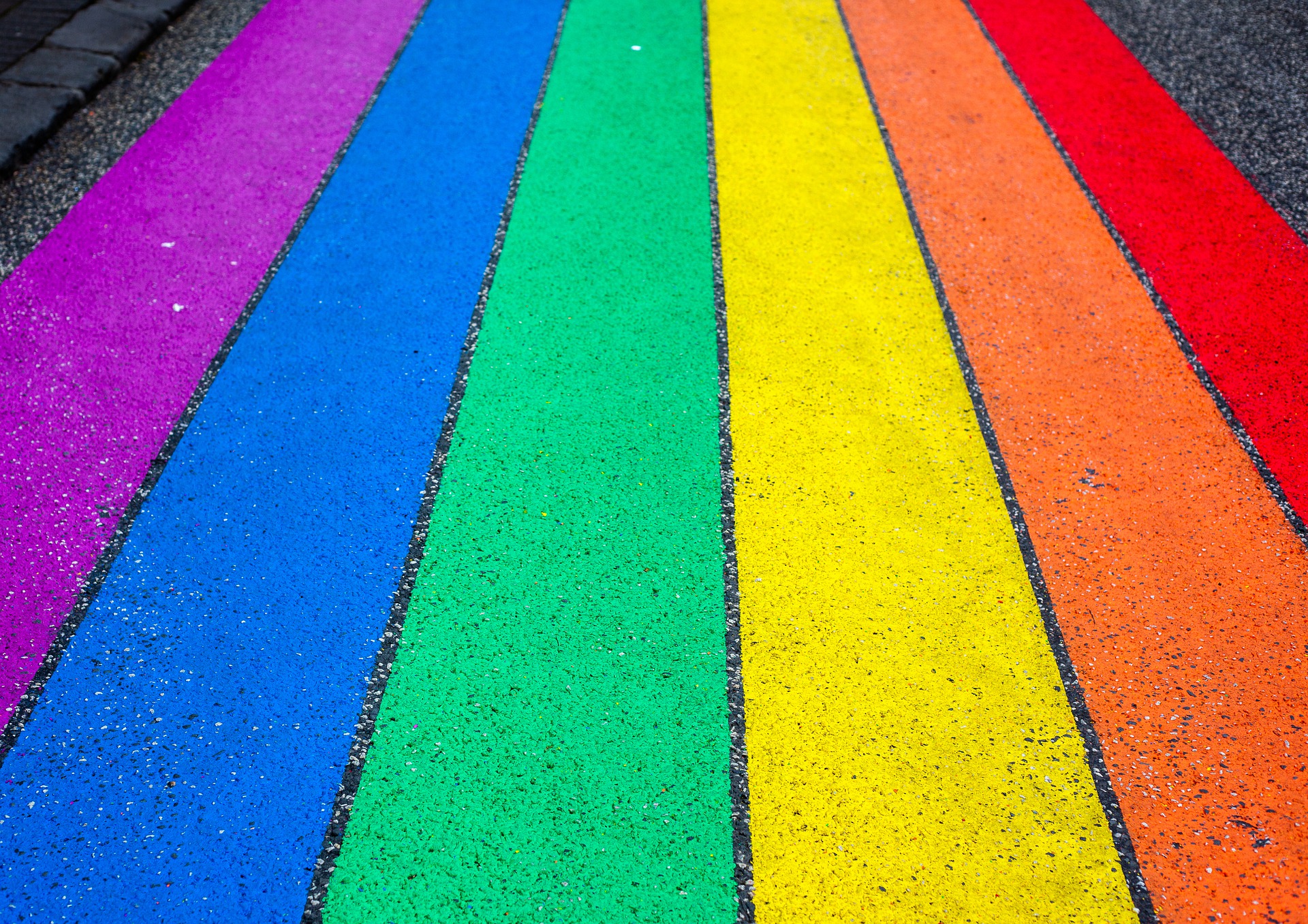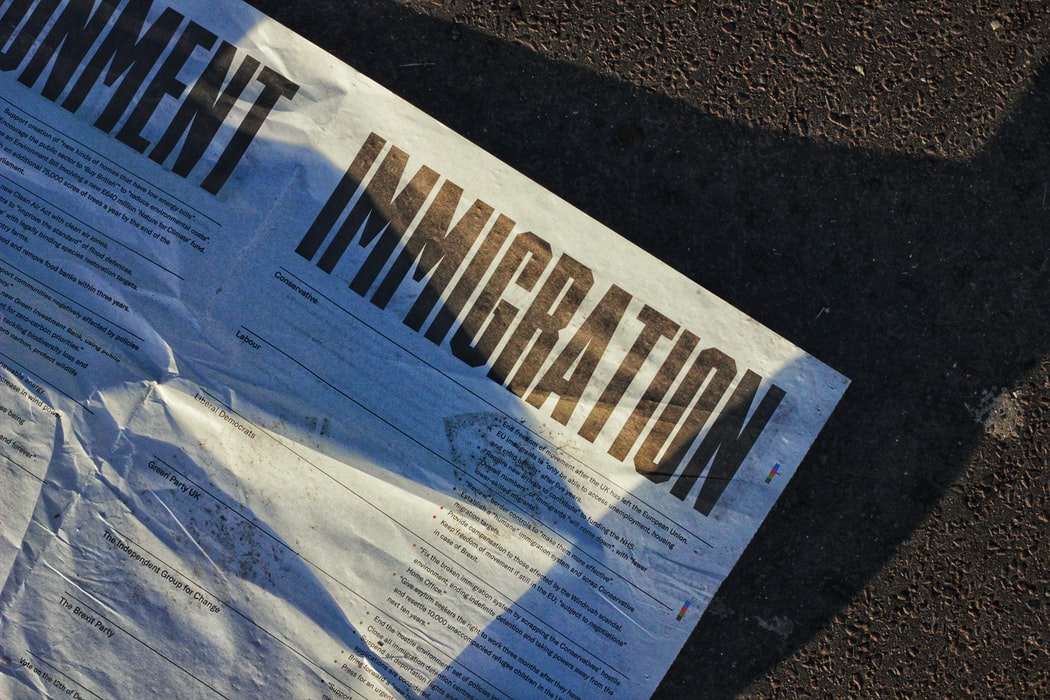
Interview with Tate Smith, Junior Legal Secretary at Clifford Chance and undergraduate at Birkbeck, University of London
June 18, 2020
Why the Government’s U-turn on the Immigration Health Surcharge Needs to Go Further
June 18, 2020Article by Neel Amin, final year law student at Middlesex University
Context:
The recent tragedy of George Floyd’s death in Minneapolis, USA has sparked a global outcry due to examples of lethal police violence against ethnic minorities across the world. This article will look into the state of policing and the effect on racial and ethnic minority communities in Britain today. Britain has a long list of unaccounted police killings of black men and women including Mark Duggan, Sarah Reed and Sean Rigg. Britain is no stranger in its own history of institutional racism and its manifestation in police violence despite the Macpherson’s recommendations twenty years ago.
The Race Relations Act
The police are a branch of the government that has a frequent relationship with the general public. The role of the police is to maintain public order and enforce the law. British policing was exempt in their operational duties under the Race Relation Act 1965, 1968 and 1976. The law made no impact on police racism as British policing had no duty to protect the anti-discrimination law. The Act protected public authorities such as the police from holding them accountable to principles of race relations. It was only until 2000 the amendment in the law bought the police under the scope of the 1976 Act. Therefore, an executive branch of the British government was free to discriminate without fear of impunity for 35 years.
Stop and search
The Police and Criminal Evidence Act (PACE) 1984 gives the police power to stop and search on reasonable grounds. The exemption from the race relation legislation meant police were able to racially discriminate and the use of stop and search could be used target ethnic minority communities. According to the Home Office, black people are 9 times more likely to be stopped and searched by police than white people. The disproportionate use of police powers has bought a lack of confidence and trust in the police when belonging to an ethnic minority group. However, the challenge of seeking accountability and scrutinising police actions still remains uncertain despite the anti-discrimination legislation in place to promote greater equality and protect minority communities.
Deaths in Police custody
It is apparent the magnitude of institutional racism and police violence is a fundamental problem in the relationship with the state. Deaths in police custody, jails and immigration detentions have come under increasing scrutiny with people from BAME backgrounds disproportionately affected as a result of neglect and use of force. The likes of Sheku Bayoh, Darren Cumberbatch and Simeon Francis are 3 of many cases of deaths in police custody however, no police officer in the 20 years has successfully been convicted over a BAME death in police custody. People from BAME backgrounds are twice as likely to die after restraint is used – neck restraints like the one that killed George Floyd are also sanctioned by British police. Similar deaths to Edson Da Costa and Rashan Charles saw police officers using similar restraint techniques as black people are five times as likely to have forced used against them by police compared to white people. The same mistakes in policing involving restraint techniques, treatment of the mentally ill and violations of Art 2 European Convention of Human Rights (ECHR) are recurring factors despite repeated recommendations from coroners at inquests or from public bodies such as Independent Police Complaints Commission. The desire for UK to withdraw from the ECHR post-Brexit adds further uncertainty on whether the protection of human rights on people in contact with the police will be implemented.
Conclusion
Over twenty years since the Stephen Lawrence Inquiry which found British policing marred by professional incompetence, institutional racism and a failure of leadership. The inquiry led to the restructuring of policing to improve police investigation procedures, remove racism within the force and increase the trust in policing amongst ethnic minority communities. Twenty years ago, the recommendations and policy changes may have been a positive step forward – although there is little evidence that the law has contributed to much change when protecting vulnerable minorities from racist violence, investigating crimes without race bias and bringing criminals to justice. During the coronavirus pandemic, people from BAME backgrounds are 54% more likely to be fined than white people. It is evident, black and ethnic minority communities are disproportionately represented within the criminal justice system from stop and search, to imprisonment to deaths in custody. Ultimately, none of us can breathe with the structural racism and discrimination that is present in our society in 2020.
Notes:
- BAME people fined more than white population under coronavirus laws, M Busby and M Gidda, The Guardian, 26 May 2020; https://www.theguardian.com/world/2020/may/26/bame-people-fined-more-than-white-population-under-coronavirus-laws.
- Police use of force statistics, England and Wales: April 2018 to March 2019, Ministry of Justice, gov.uk, 19 December 2019; https://www.gov.uk/government/statistics/police-use-of-force-statistics-england-and-wales-april-2018-to-march-2019
- The Stephen Lawrence Inquiry: Report of an Inquiry by Sir William Macpherson of Cluny, Home Office, Cm 4262-I, February 1999.
By Neel Amin.





